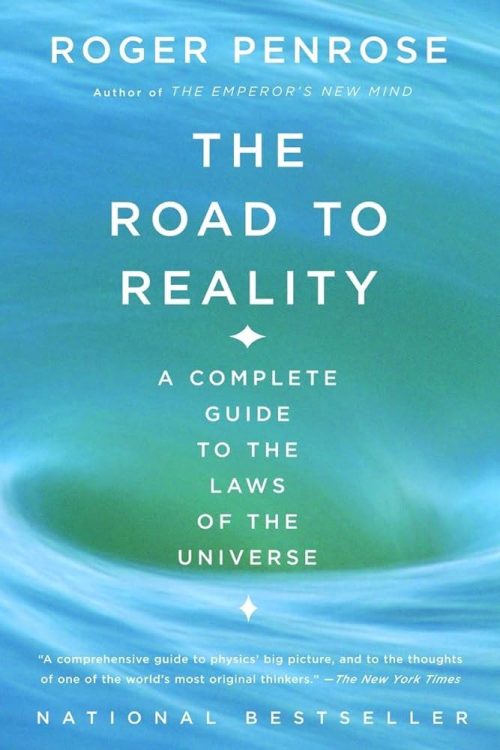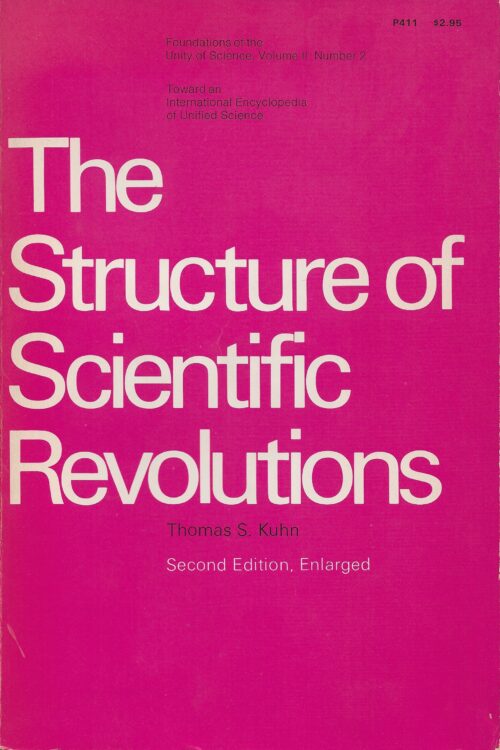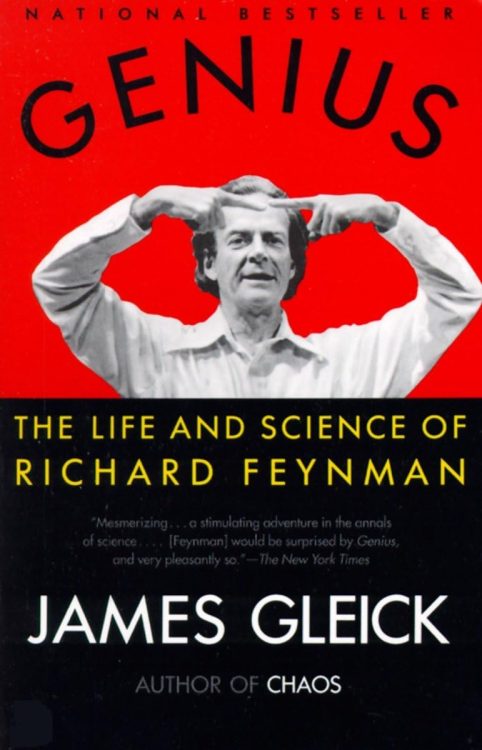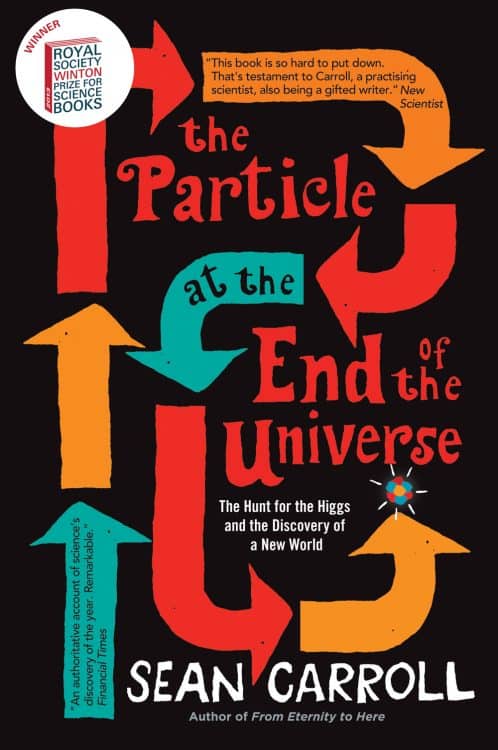Carlo Rovelli’s enthralling read, Seven Brief Lessons on Physics, takes the complexities of modern physics and renders them accessible, even intimate, to the lay reader. In this concise yet profound exploration, Rovelli masterfully guides us through the fundamental principles that construct our universe and our place within it. This is not just a book about physics; it’s a poetic voyage into the heart of existence itself.
At its core, Rovelli’s work is an ode to curiosity and the human spirit’s relentless pursuit of knowledge. He dives into topics that have baffled and fascinated scientists for centuries—Einstein’s general relativity, quantum physics, the bewildering world of elementary particles, and the unfathomable depths of black holes. The discussion extends to the architecture of the universe, teasing apart the fabric of space and time, and tackling the big bang theory alongside the cosmic microwave background in a way that feels new and exhilarating.
What sets Seven Brief Lessons on Physics apart is Rovelli’s unique ability to blend the scientific with the philosophical. He does not shy away from the implications of these complex theories on our understanding of existence. With elegance and simplicity, he invites readers into a contemplative space where science meets philosophy. Through his eyes, we see not just the universe but our place within it—a small yet significant part of a vast, unknowable whole.
Each chapter serves as a window into the often abstract and intimidating world of theoretical physics, rendered with clarity and grace. Rovelli has a gift for analogy and metaphor, which light up his explanations of the most opaque scientific concepts. His writing is infused with a sense of wonder and awe at the beauty and mystery of the cosmos, making the book as moving and poetic as it is informative.
Seven Brief Lessons on Physics is not just a factual recounting of scientific principles; it’s a philosophical treatise on human knowledge and our continuous quest for understanding. Rovelli’s reflections on the nature of knowledge, time, and the human condition resonate deeply, encouraging readers to look at the world with fresh eyes.
For Rovelli, standing on the edge of the known universe is a breathtaking experience—not because of the vastness of what we don’t know, but because of the incredible leaps human knowledge has made in our quest to understand our place in the cosmos. This is the central thesis of the book—it’s a celebration of human curiosity and our tireless endeavor to comprehend the incomprehensible.
In conclusion, Carlo Rovelli’s book, Seven Brief Lessons on Physics, is a masterpiece that distills the essence of modern physics into a form that is not only digestible but deeply moving. It’s a rare gem that manages to illuminate the complexities of the universe while also reflecting on the poignancy of human existence. Whether you’re a seasoned physicist or a curious newcomer to the wonders of the cosmos, this book offers a captivating exploration of the most fundamental questions of existence, making it a must-read for anyone looking to understand the universe and their place within it.
















